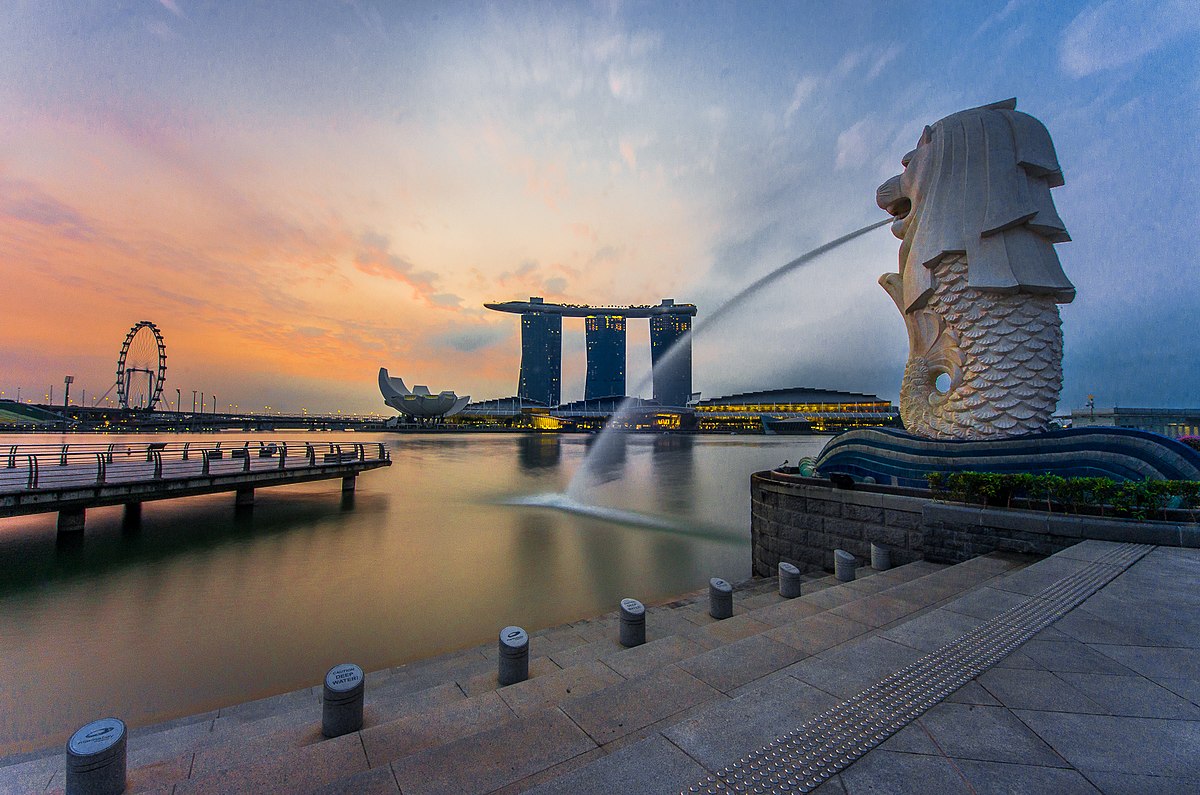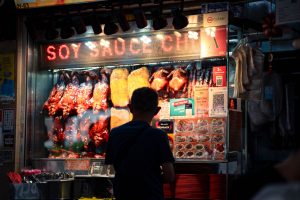To soften this blow, the government will offer a slew of assistance for middle and lower income families – there is a one-off SG Hongbao to be enjoyed in 2018 and GST rebates will be continued.
According to Minister Heng, these rebates will keep the Budget ‘progressive, fair and resilient’. In other words, targeted assistance will offset the pain of a broad-based consumption tax.
Is this true? Let’s look at each of these claims in turn.
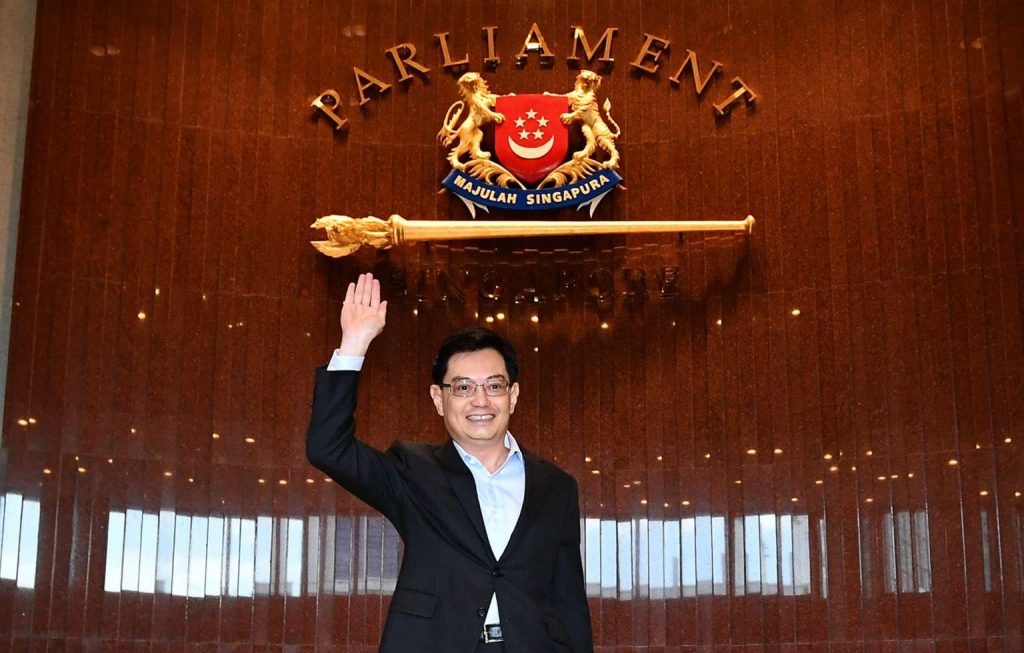
Here’s what I believe. Minister Heng is partially right. The GST tax increase will keep Singapore resilient (meaning competitive and fiscally sound), but it is neither fair nor progressive.
In fact, it creates a stronger Singapore at the expense of average Singaporeans, who will shoulder the heaviest burden of this tax hike.
This is because GST is a regressive tax that does not take into account your ability to pay. Whether you are a pioneer generation uncle living in a rental flat or a crypto-bro who has ether-ed his way to Sentosa Cove, the GST on a tin of milo at the supermarket will always cost 70 cents.
The difference? This 70 cents hurts more if you are the uncle because it takes up a larger portion of your monthly allowance. Hence, the pain of the nine per cent increase in proportion to your poverty.
In theory, the pain of a coming tax hike is alleviated by a complex system of GST vouchers, utility rebates and other ‘offset packages’. But it’s hard to say whether these ‘progressive’ measures can balance out the ‘un-progressive’ nature of our GST because Minister Heng did not specify what rebates the government had in plan for the future.
According to CIMB economist Song Seng Wun, the answer is likely ‘yes’ if you’re in the lower bracket, and ‘no’ if you’re middle-income.
“After all, the government is ultimately here to raise money. There’s no point if the rebates cancel out the GST,” he explains.
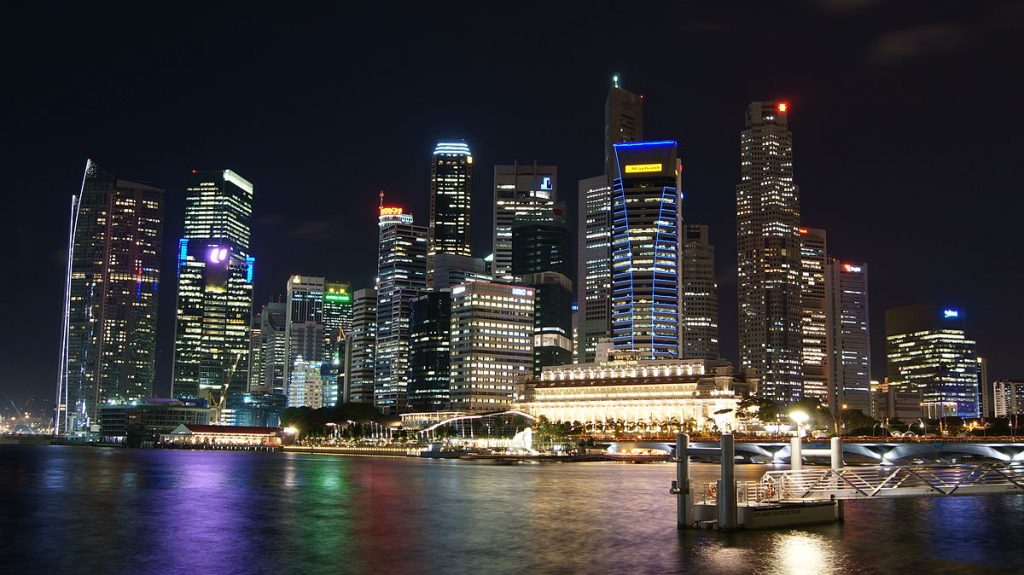
In an equitable society, the burden of taxation should be shared equally by everyone who benefits from government expenditure i.e. you pay for what you get. However, the fairness of Budget 2018 remains questionable, in my view. The latest adjustations on taxation places a heavier burden on the working population and almost none on corporations or high net-worth individuals.
At 17 per cent, our corporate income tax is one of the lowest in the developed world, having fallen steadily over the years from a historical high of 26 per cent.
The same goes for personal income tax. Although the top level income tax was increased in 2015, our 22 per cent income tax for the highest bracket pales in comparison to other populous but resource-poor nations. Israel’s tax rate is 50 per cent while Japan’s income tax stands at 55 per cent.
So why don’t we pay for the future by raising taxes in either category rather than GST?
As Mr Song puts it, we simply can’t take the risk.
“We live in an era of capital and labour mobility,” he explains, “If companies are not happy with Singapore, they can always take their money to Putrajaya or Hong Kong. We have to create a value proposition that makes Singapore attractive.”
Similarly, personal income tax is kept low to attract the right talent.
“A low income tax is needed to attract people to come and work in Singapore,” he explains, “At the right level, we see the mass uprooting and more people wanting to live in Singapore.”
In other words, our hands are tied on the income and corporate tax rates because it would make Singapore less attractive to companies and to global talent. A competitive Singapore requires both of those things in abundance.
Should either of those taxes increase, it would result in an exodus of companies, people and money. In other words, we are at the mercy of corporations, who enjoy a freedom of mobility that we do not.
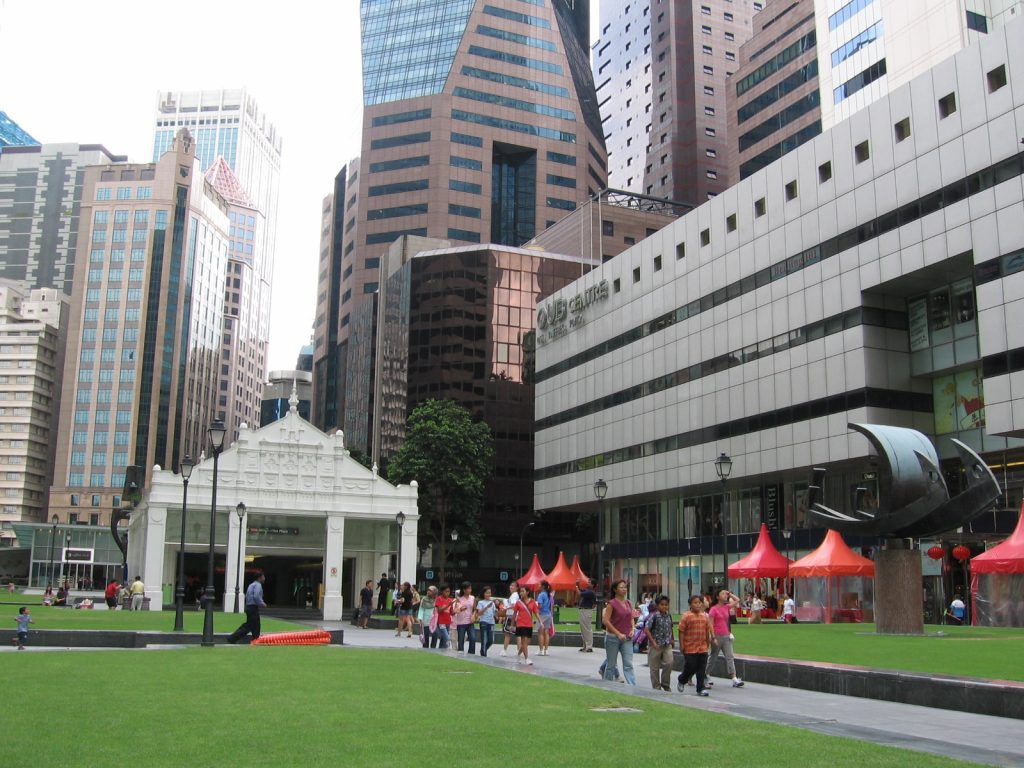
Which leaves us with GST, the only taxable option left.
According to the economic logic of our status quo, it must be raised if we want to spend money. Raise anything else and it will make us less competitive, less resilient, and less able to survive in the darwinism of the global economy.
Nestle has options. Elon musk can always move to another country. But Singapore enjoys no such luxury.
Our tiny island lacks natural resources or advantages, and our dependence on free trade means that we are more or less at the mercy of MNCs and the Elon Musks of the world.
So, there’s no point in complaining about GST. You will always be taxed because you are the only thing the government can tax.
Unless you can imagine a Singapore without foreign companies and free trade, the best option is to suck it up and see.
This pursuit of ‘resilience’ will no doubt cost average Singaporeans the most, and our income equality may worsen as a result.
Which is why the next three years, before the GST hike kicks in, is especially critical for the government to formulate a policy that will remedy this growing divide between the rich and poor. If not, it might just risk making Singapore future-proof at the expense of its own political survival.

